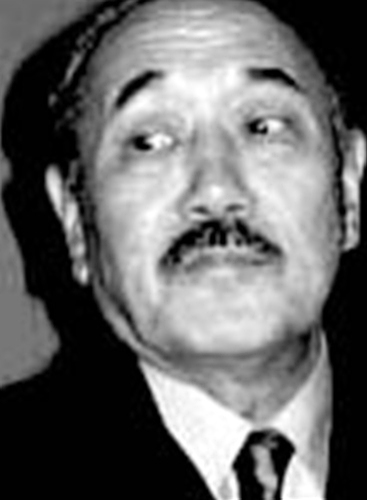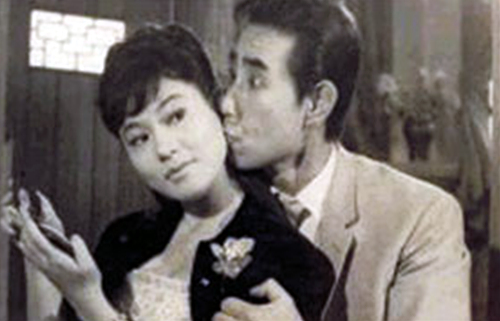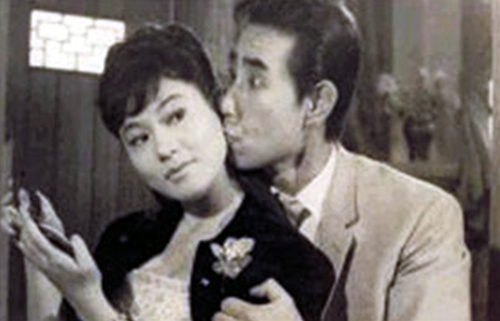3rd(2001)
A Bride Who Was Born in the Year of the Hors
Kim Ki-duk
- Korea
- 1966
- 92min
- 35mm
- black and white
SYNOPSIS
This epic that shows ‘hard but adorably evil women’ is based on the prejudice about brides born in the year of the horse, but their positive outlooks and spontaneity moves the story along. At the end, when they decide to reject the superstition about the Year of the Horse, they reflect the deconstruction of the socio-cultural prejudices about women. Particularly, in the last scene, where a male obstetrician who represents government power, gives a long-winded speech, reflects the state of the times when birth control was a national issue. In A Bride Who Was Born in the Year of the Horse, women’s bodies were a battleground and a place for negotiations between government power, traditional beliefs, and individual sexual desires and values. (Kwon Eun-Sun)
PROGRAM NOTE
This epic that shows ‘hard but adorably evil women’ is based on the prejudice about brides born in the year of the horse, but their positive outlooks and spontaneity moves the story along. At the end, when they decide to reject the superstition about the Year of the Horse, they reflect the deconstruction of the socio-cultural prejudices about women. Particularly, in the last scene, where a male obstetrician who represents government power, gives a long-winded speech, reflects the state of the times when birth control was a national issue. In A Bride Who Was Born in the Year of the Horse, women’s bodies were a battleground and a place for negotiations between government power, traditional beliefs, and individual sexual desires and values. (Kwon Eun-Sun)
Director
-

Kim Ki-dukKim Ki-duk
Born in 1934 and graduated from Seorabol University of Arts with M.A in literary writings, he began his film career as an editor in 1956. He directed his first feature Five Marines in 1961 and this film made him the winner of the “First Time Director Award” at the 1st Daejong Film Festival. He was one of major figures that contributed to the Korean cinema boom in sixties, shouldering directors like Lee Man-hee, Kim Soo-yong and Im Kwon-taek. His major filmography includes The Young with Naked Foot (1964), North and South (1965), A Teacher in an Island (1967), Confess of Youth (1968), Enraged Land (1968) and On a Star Shining Night (1972). Kim Ki -duk also has taught film at the Seoul Institute of Arts.
Credit
- ProducerCha Tae-Jin 차태진
- Cast Shin Seong-Il 신성일, Eom Aeng-Ran 엄앵란, Choi Ji
- Screenwriter Lee Hyeong-Pyo 이형표, Seo Yun-Seong 서윤성
- Cinematography Byeon In-Jib 변인집
- Art director No In-Taek 노인택
- Editor Choi Hyeok-Kyu 최혁규
- Music Choi Chang-Kwon 최창권



